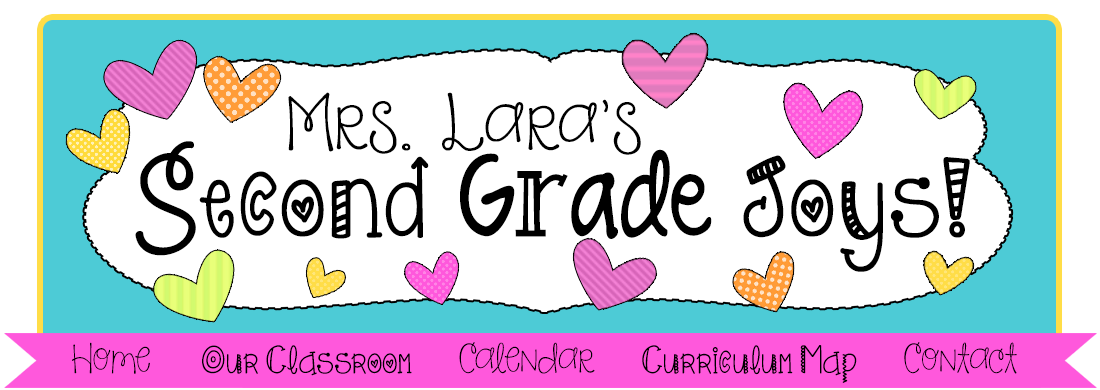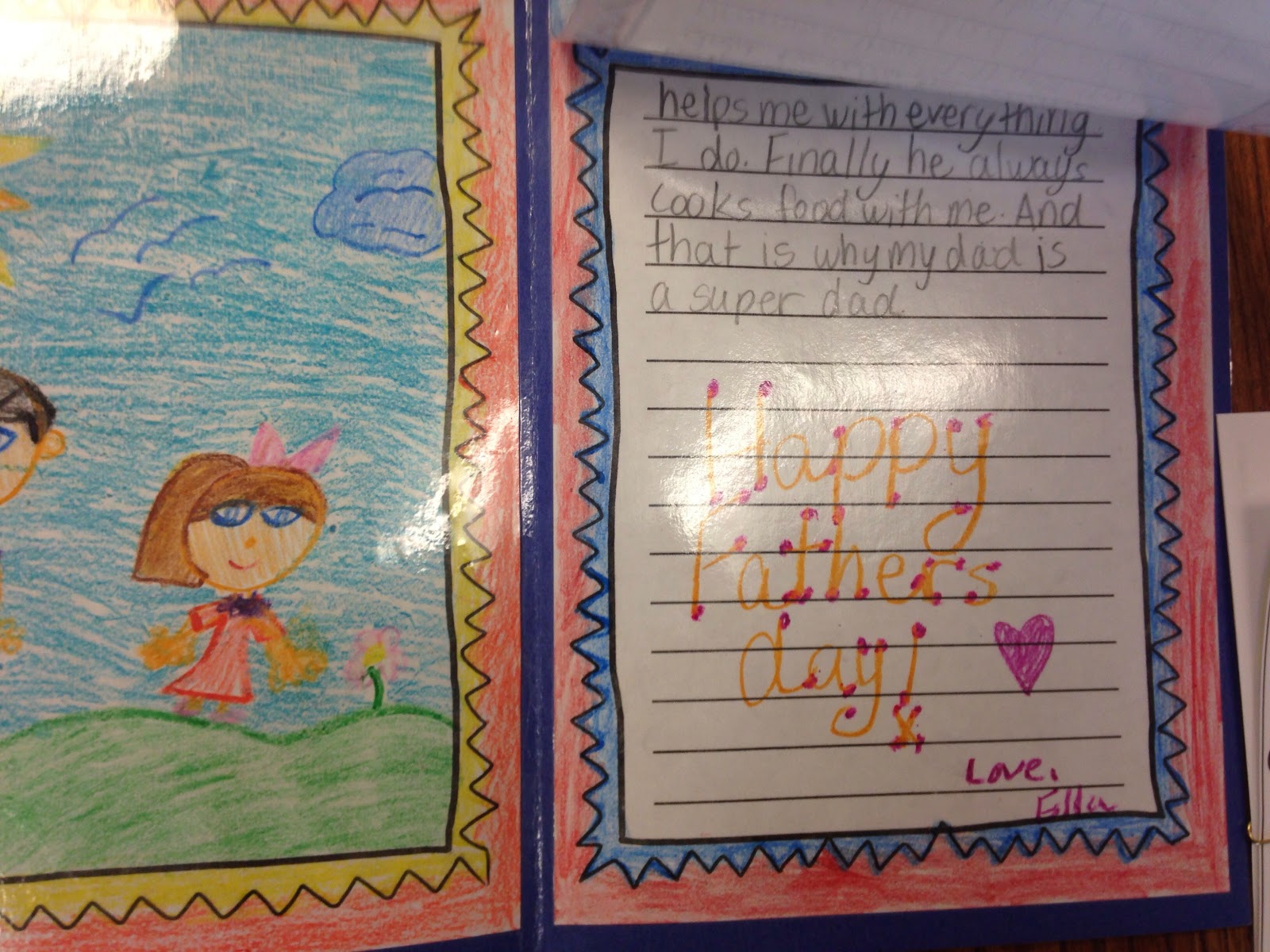I am so thrilled to be kicking off The Daily Five and Literacy CAFE this school year! Through a great deal of research, readings, blog posts, and even a couple of webinars I am completely sold on the positive effects The Daily Five and Literacy CAFE can have on students' reading abilities. A few months back as part of my graduate studies I decided to conduct an action research project on The Daily Five. My conclusions clearly identified that The Daily Five was definitely born out of research and is in line with best practices of literacy instruction. Here is an excerpt from the book The Daily Five by "The Sisters" Gail Boushey and Joan Moser illustrating the research base of the system and defining the 5 components of The Daily Five.
Read to Yourself
The
best way to become a better reader is to practice each day, with books you
choose, on your just-right reading level. It soon becomes a habit.
|
Allington, R. and P.
Johnson, 2002. Reading to Learn:
Lessons From Exemplary Fourth-Grade Classrooms: New York: Guilford Press.
|
Morrow, L., L.
Gambrell, and M. Pressley, 2003. Best
Practices in Literacy Instruction. New York: Guilford Press.
|
Marshall, J. C.
2000. Are They Really Reading? Portland, ME: Stenhouse Publishers.
|
Krashen, S.
2004. The Power of Reading: Insights from the Research. Portsmouth, NH:
Heinemann.
|
Pressley, M., R.
Allington, R. Wharton-McDonald, C. Block, and L. Morrow. 2001. Learning to Read: Lessons for Exemplary
First-Grade Classrooms. New York: Guilford Press.
|
Routman, R. 2003. Reading Essentials: The Specifics You Need
to Teach Reading Well. Portsmouth, NH: Heinemann.
|
Read to Someone
Reading
to someone allows for more time to practice strategies, helping you work on
fluency and expression, check for understanding, hear your own voice, and
share in the learning community.
|
Allington, R. 2001. What Really Matters for Struggling
Readers: Designing Research-Based Programs. New York: Addison-Wesley
Longman.
|
Miller, D. 2002. Reading with Meaning: Teaching
Comprehension in the Primary Grades. Portland, ME: Stenhouse Publishers.
|
Work on Writing
Just
like reading, the best way to become a better writer is to practice writing
each day.
|
Fletcher, R. and J.
Portalupi. 2002. Craft Lessons:
Teaching Writing K-8. Portland, ME: Stenhouse Publishers.
|
Graves, D. 1985. “All
Children Car Write.” Learning
Disabilities Focus 1(1), 36-43.
|
Routman, R. 2005. Writing Essentials. Portsmouth, NH:
Heinemann.
|
Listen to Reading
We
hear examples of good literature and fluent reading. We learn more words,
thus expanding our vocabulary and becoming better readers.
|
Allen, J. 2001. Yellow Brick Roads: Shared and Guided
Paths to Independent Reading 4-12. Portland, ME: Stenhouse Publishers.
|
Trelease, J. 2001. The Read-Aloud Handbook. New York:
Penguin Books.
|
Spelling/Word Work
Correct
spelling allows for more fluent writing, thus speeding up the ability to
write and get thinking down on paper.
This is an essential fountain for writers.
|
Marten, C. 2003. Word Crafting: Teaching Spelling, Grades
K-6. Portsmouth, NH Heinemann.
|
Snowball, D. and F.
Bolton. 1999. Spelling K-8: Planning
and Teaching. Portland, ME: Stenhouse Publishers.
|
Gentry, R. J. 2004. The Science of Spelling: The Explicit
Specifics that Make Great Readers and Writers (and Spellers!) Portmouth,
NH: Heinemann.
|
Stay tuned for more to come on The Daily Five very soon!
Along with my research on The Daily Five I have been digging in to find out all about The Literacy CAFE. The CAFE system also created by "The Sisters" works hand in hand with the Daily Five and is firmly established in research. CAFE is an acronym for Comprehension, Accuracy, Fluency, and Expand Vocabulary. I am so excited to build my Literacy CAFE Menu Board and am working away on my reading notebook.
Please check back soon for more thoughts and pictures. Meanwhile, do you use Daily 5 and CAFE in your classroom? I would love to hear about your experiences! Please share!








